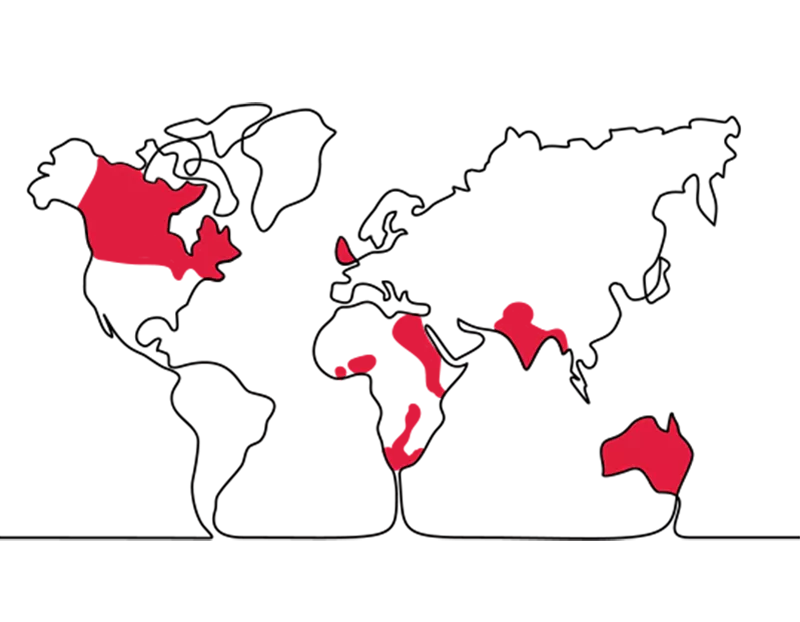Modern Slavery Act 2015 (MSA) consolidates UK law on slavery and human trafficking. A provision of the MSA came into force in October 2015, which places an obligation on businesses to have transparency within their supply chains and prepare an annual Slavery and Human Trafficking Statement.
Which businesses will have to make a Slavery and Human Trafficking Statement?
A business will have to comply with the reporting requirements laid out in the Act if:
- it is incorporated or a partnership;
- it “carries on a business, or part of a business” in the UK;
- its turnover or the turnover of a parent company and its subsidiaries is equal to or greater than £36 million per annum;
- it supplies goods or services.








